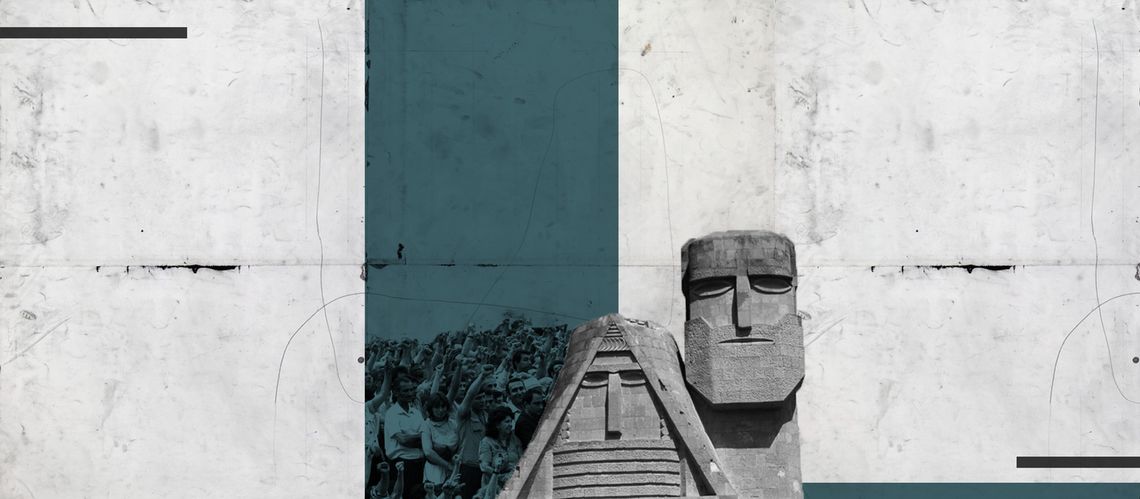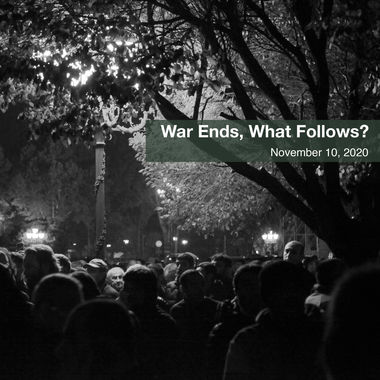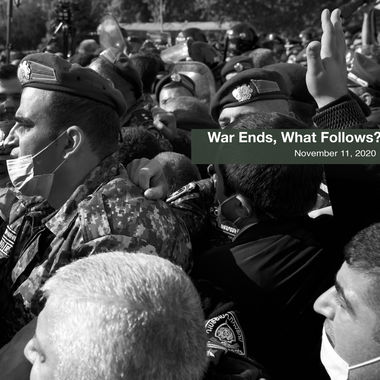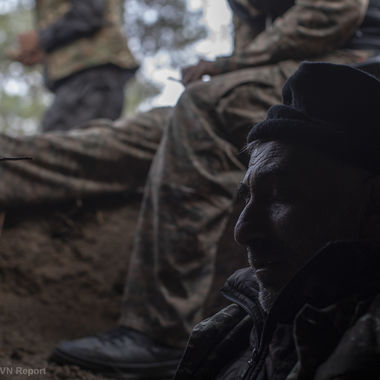
During the second half of the 19th and beginning of the 20th centuries, in the context of increasingly violent pogroms against Jewish communities in Eastern Europe and the growth of socialist and nationalistic movements, Theodor Herzl and others launched the Zionist movement. Their aim was to re-establish a national home for Jews in Palestine, nearly 1900 years after having been driven out of Jerusalem by the Romans. Jews from around Europe and the rest of the world convened in a series of Zionist Congresses to discuss and plan such a historic return. At one point, the British colonial secretary suggested that the Jews should be given land in East Africa (in modern-day Uganda and Kenya) to establish their national homeland. The Uganda Plan, as it came to be known, caused vociferous debate among Jews; for those who could not imagine a return to their ancestral homelands, this seemed like a viable albeit temporary alternative to escape the pogroms and be able to re-establish a Jewish nation. Those opposed to it argued that, first, not many people would agree to emigrate to East Africa and, even if they did, might not then be ready for a further move to Palestine. Eventually, the Uganda Plan was discarded in 1905 and, during two waves of return (called aliyah), tens of thousands of Jews from around the world emigrated to Palestine, even before the establishment of an actual state of Israel. It is interesting to note that somewhere between 60-90% of those who emigrated to Palestine during the First Aliyah left within a few years, primarily because life in Palestine was so different from what they were used to in the cities of Europe. Eventually, however, this series of events and efforts led to the creation of the state of Israel in 1948.
A people are inexorably tied to their land, especially ancient peoples like Jews and Armenians. While we Armenians have proven Saroyan’s words that everywhere two Armenians meet, we create a new Armenia, there is no substitute for the power of walking on, building on, and living on lands inhabited by our ancestors for millennia. All four of my grandparents were born in, and then forced out of, Kilikia. Yet why is it that every time I’m in Vayots Dzor, in the center of Armenia due south of Lake Sevan, I feel an overpowering connection to the land, to that place? This feeling is expressed best by Armenians as մեր հող ու ջուրը (our soil and water) and մեր գերեզմանները (our cemeteries).
Early in the morning of November 10, Armenians around the world experienced a collective and brutal deracination - by being forced to give up large swaths of traditionally Armenian land in and around Artsakh, we were literally being de-rooted from our soil and water, driven away from the graves of our ancestors. Even though we knew we were up against incredible odds, fighting the combined forces of Azerbaijan, Turkey and countless jihadists in a 40+ day war, the actual outcome of the war, where horrendous “peace” terms were forced upon us by Turkey and Russia, was a blow of a scale not experienced since the earthquake of 1988 or the end of the First Republic.
Armenians’ reactions to this calamity can be broadly categorized into three emotional responses: despair, anger and resolve. All three have, at their foundation, the same elements: thousands of our young men cut down or maimed for life in vain, and the loss of Shushi, Hadrut and Dadivank. Of the three responses, despair is perhaps the simplest to understand, and the rawest form of emotion. We lost - we lost land, we lost men, we lost a big piece of what defines us as a people and a nation. Those who responded with anger focused on betrayal and treachery, with the actual targets of these accusations varying between the current government, the Russians, internal political machinations and incompetent diplomacy. I won’t spend time on these two - for more detail, just peruse your Facebook feeds.
Let’s focus on the third reaction: resolve, the least popular of the three. While despair and anger are by nature raw emotional responses, resolve requires a combination of drive and rationale. It compels us to funnel our emotional response into a constructive set of actions and long-term commitment to fix what broke in the course of 44 days. Resolve is also different from blind faith, or hope that “this too shall pass.” Quite the contrary, it means that each of us must take responsibility and accountability for our part in the incredibly difficult journey of rebuilding our strengths to prepare for the next battle, because this war against our traditional enemies is by no means over. We lost this battle because we were outmatched in every sense, except for resolve. We were outmatched in terms of money, military technology, manpower, information war/propaganda and diplomacy. We all need to realize that, even today, as we try to cope with the aftermath of losing, the enemy is still ahead across all of these dimensions, but it need not stay that way. The incredible resolve of our boys and men, fighting against seemingly insurmountable odds, the resolve of nearly every person in Armenia trying to do their part to support the war effort, and the incredible resolve of all of those in the Diaspora who came together to donate, write, march, contribute their time and expertise must continue as we prepare for the next battle, and the rest of the war. All of those calls to contribute to the All Armenia Fund, not once but regularly, not on a token basis, but to match the sacrifice being made by those on the front lines (and of course their families and loved ones), remain as important today as on Monday. And it’s not just about money - we need doctors, psychologists, physical therapists, drone and robotics engineers, artificial intelligence specialists, rocket scientists, project and product managers, agricultural experts, educators and many, many other skill sets.
For those who say it’s too late, that we can never get back what we lost, think about the following: as precious as Dadivank or Surp Ghazanchetsots are to us, keep in mind the beauty of Shamshadin and Makaravank in Tavush (on the border with Azerbaijan), Areni and Noravank (less than 5 km from Nakhichevan), not to mention Khor Virap, right on the Turkish border. This loss was devastating, but not fatal. We are much stronger than we were in 1915, 1921, 1988 or 1992. However, the stakes are also higher, and we must step up collectively to meet this challenge. The Jews had the resolve to reclaim their land 1878 years after they were expelled from it, and continue to survive and thrive there 70 years later. Shouldn’t we have the resolve to regroup, rebuild and reclaim what is ours in the days, months and years to come?
also read
War Ends, What Follows? Live Updates
The country is shaken after crushing terms were imposed to end the 2020 Artsakh War. As government buildings were vandalized overnight, attention has shifted to Yerevan. Updates to be provided as they develop.
War Ends, What Follows? Live Updates
As Armenians are trying to come to terms with the imposed peace deal following the Artsakh War, thousands of people took to the streets in Yerevan demanding the resignation of Prime Minister Nikol Pashinyan and his government.
photo story
The Responsibility to Protect
By Eric Grigorian
The ongoing war in Artsakh has profoundly impacted the Armenian world. Photojournalist Eric Grigorian's photo essay reflects on those who have had to bear the heavy human toll in protecting and safeguarding the homeland. Images are from Artsakh, Goris and Yerevan, taken between October 24 and November 5, 2020.






